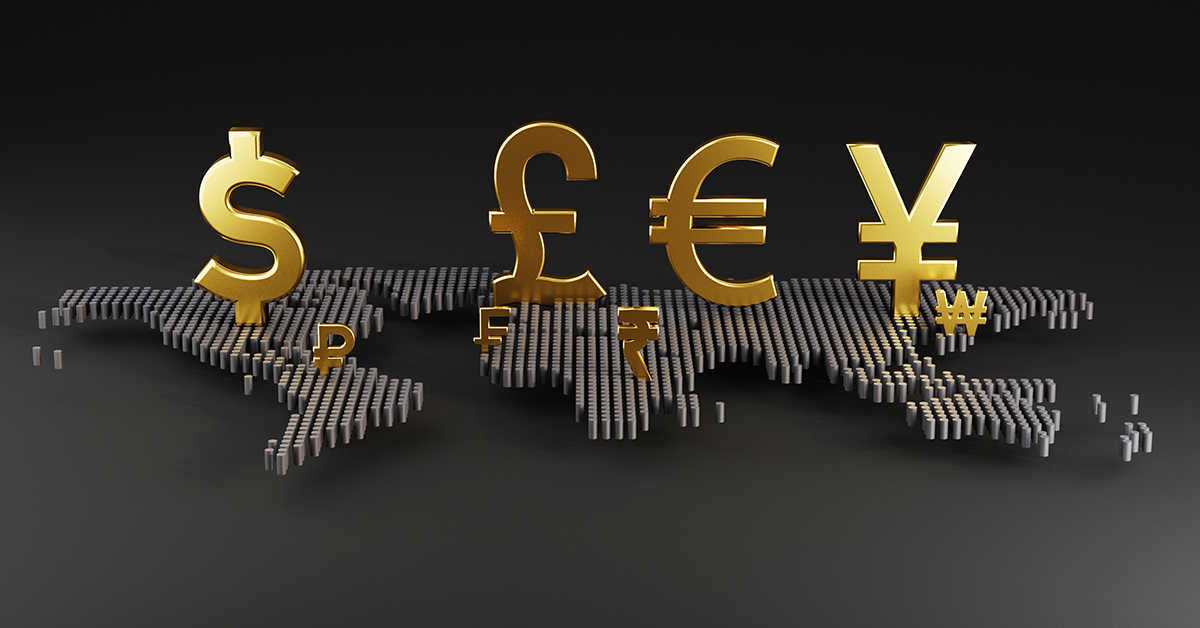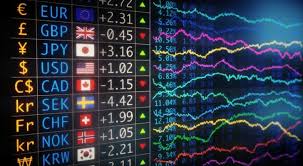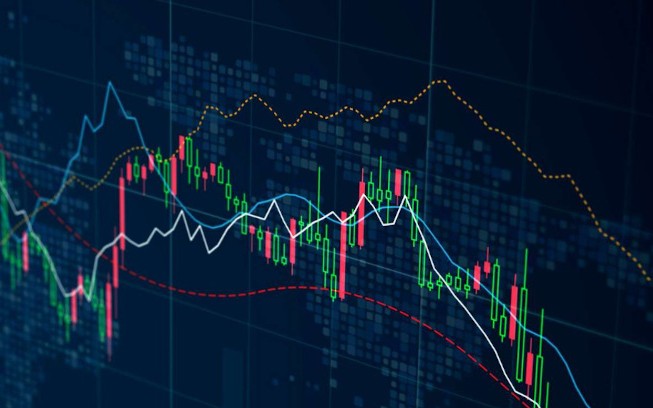Forex vs Stocks A Comprehensive Guide to Trading 1565003454

When it comes to trading, investors often find themselves at a crossroads, trying to decide between the Forex market and the stock market. Each option has its distinct features and strategies, and understanding the nuances can significantly impact an investor’s success. To help with this decision, let’s dive into the world of trading forex vs stocks Trading PH and explore the essential aspects of trading Forex versus stocks.
Understanding Forex and Stocks
The Forex market, also known as the foreign exchange market, is a global decentralized market where currencies are traded. It is the largest and most liquid market in the world, with a daily trading volume exceeding $6 trillion. In contrast, the stock market involves buying and selling shares of publicly traded companies. Government regulations and exchanges, such as the New York Stock Exchange (NYSE) or the Nasdaq, oversee stock trading.
Market Hours
One of the significant differences between Forex and stocks is their operating hours. The Forex market is open 24 hours a day, five days a week, allowing traders to operate at any time that suits them. This flexibility is particularly appealing for those who may have other commitments or prefer to trade at specific hours.
On the other hand, the stock market typically operates during set hours, which can vary by exchange. The NYSE, for example, operates from 9:30 AM to 4:00 PM EST. This limitation can affect the trading strategies of stock traders, particularly those who wish to react to news or market events outside of trading hours.
Volatility and Liquidity

Volatility refers to the degree of variation of trading prices over time, while liquidity measures how easily an asset can be bought or sold in the market without affecting its price. The Forex market is known for its high liquidity and volatility, which can provide various trading opportunities. With numerous players, including major banks, financial institutions, and retail traders, the currency market remains highly liquid.
While stocks can also experience volatility, particularly in smaller companies or during earnings announcements, they generally do not match the Forex market’s levels. Moreover, liquidity can vary significantly based on the stock. Blue-chip stocks, for instance, tend to be highly liquid, whereas shares of smaller companies may not have the same ease of trading.
Leverage
Leverage is a popular feature in both Forex and stock trading, allowing traders to control larger positions with a smaller amount of capital. In Forex trading, leverage can be extremely high, sometimes reaching as much as 100:1 or more, which means that with an investment of $1,000, you could control a position worth $100,000.
In contrast, the stock market typically offers lower leverage, often around 2:1. While high leverage can amplify profits, it can also lead to significant losses. Traders must carefully consider their risk tolerance and manage their positions accordingly.
Costs and Fees
Trading costs can influence a trader’s decision when choosing between Forex and stocks. In the Forex market, costs typically come from the bid-ask spread, which is the difference between the buying and selling prices of currency pairs. While there may be additional fees charged by brokers, the overall transaction costs in Forex are often lower compared to stocks.
In stock trading, commissions and fees may apply each time a share is bought or sold. Although many brokers now offer commission-free trading, other costs might still be incurred, such as spreads and fees for certain types of trades.
Fundamental and Technical Analysis

Both Forex and stock traders employ various analytical methods to make informed trading decisions. Fundamental analysis involves evaluating economic indicators, market conditions, and geopolitical factors that can impact currency values or stock prices.
In Forex trading, key indicators include interest rates, inflation data, and employment reports. Stock traders, on the other hand, typically focus on company earnings reports, revenue growth, and broader economic trends.
Technical analysis is also prevalent in both markets, where traders use charts and indicators to identify buying or selling opportunities. While certain strategies might be more effective in one market than the other, traders in both Forex and stocks rely heavily on these analytical methods.
Psychological Factors
Trading psychology plays a crucial role in both Forex and stock trading. The decisions traders make can often be influenced by emotions such as fear and greed, leading to suboptimal trading choices. In the highly volatile Forex market, the intensity of market movements can amplify these emotions and result in impulsive decisions.
Stock traders may also experience psychological pressures, particularly when holding positions for extended periods or during market downturns. Successful traders in both markets learn to manage their emotions and stick to their trading strategies, regardless of market conditions.
Conclusion
Ultimately, the choice between trading Forex and stocks depends on your trading style, risk tolerance, and financial goals. Forex trading offers more flexibility with longer trading hours, higher leverage, and typically lower fees, making it an attractive option for active traders. However, the stock market remains a popular choice for those who prefer investing in companies and analyzing their fundamentals.
Both markets have unique characteristics, and understanding these differences can help traders make better-informed decisions. Whichever path you choose, continuous education and a solid trading strategy are vital for success in either Forex or stocks.

